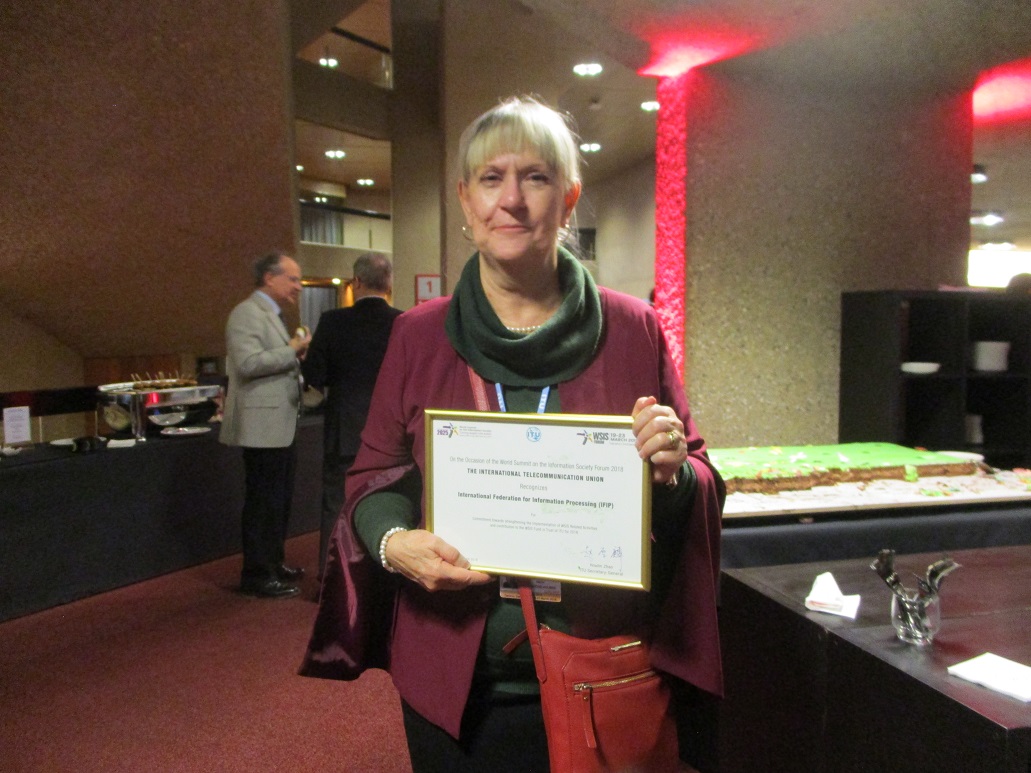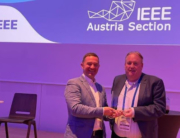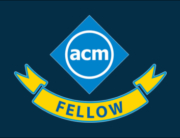IFIP ambassadors ran three workshops at this month’s WSIS Forum in Geneva, highlighting the important role that ICT professionalism is playing in helping to achieve the Sustainable Development Goals (SDGs).
The Thematic Workshops included:
- “Digital Equity and Inclusion for ICT in Disaster Risk Reduction” – run by the IFIP Domain Committee on Information Technology in Disaster Risk Reduction (DCITDRR);
- “ICT Professional’s Duty of Care in Protecting Everyone in the Fourth Industrial Revolution”, presented by IFIP IP3; and
- “How to Apply and Achieve the 17 SDGs in a World Where Technological Evolution is Exponential, and Where Near All Economic and Sociological Models are Disrupted?”, which involved a consortium of IFIP, G4 and Social IN3.
The world’s largest gathering of the international ‘ICT for Development’ community, WSIS Forum is a multi-stakeholder event that facilitates the implementation of the WSIS Action Lines to advance sustainable development. It is jointly organised by ITU, UNESCO, UNDP and UNCTAD along with other UN bodies and ran from 19-23 March 2018.
Digital Equity and Inclusion for ICT in Disaster Risk Reduction
This workshop identified the three key elements to address in the emergency response phase: Speed, Rhythm and Trust. It also explored the need for inclusivity, paying special attention to the needs of certain groups such as women, children, youth and people with disabilities.
From a technology perspective, the presentation highlighted the need for:
- A standard format for data exchange
- Open Source eg Sahana
- A well-known interface
- A Killer App for Cloud Computing
These requirements were identified through the experiences of the Great East Japan Earthquake and Tsunami in March 2011.
ICT Professional’s Duty of Care in Protecting Everyone in the Fourth Industrial Revolution
This workshop, presented by Moira de Roche and Stephen Ibaraki of IFIP IP3 (International Professional Practice Partnership), explored issues such as Trust and the Duty of Care on both the supplier and consumer side of the ICT products and services equation.
Ms de Roche said the rapid developments in Artificial Intelligence make trust and security imperative.
“We used to believe that the world would end by a cataclysmic natural event, such as those predicted by Nostradamus. But in the 21st Century, given our almost total reliance on technology, it is more likely that a cyber-breach could cause the end of the world as we know it,” she said.
The discussion considered how to get ICT providers to voluntarily comply with requirements, suggesting that governments needed to lead the way by only employing certified ICT professionals who were committed to professional standards and a code of conduct.
How to Apply and Achieve the 17 SDGs in a World Where Technological Evolution is Exponential, and Where Near All Economic and Sociological Models are Disrupted?
The third IFIP workshop – presented by Raymond Morel, Philip Koenig and Mohamed Balghouthi from IFIP, G4 and Social IN3 – highlighted the importance of education to enable people all around the world to engage in digital technologies and use them adaptively and creatively to solve global problems.
Of particular interest was the acknowledgement that human mindsets are the most important driver of societal transitions and transformations, and science and technology are simply a means to support them. This means we need to invest first in human development, systemic thinking and acting.






